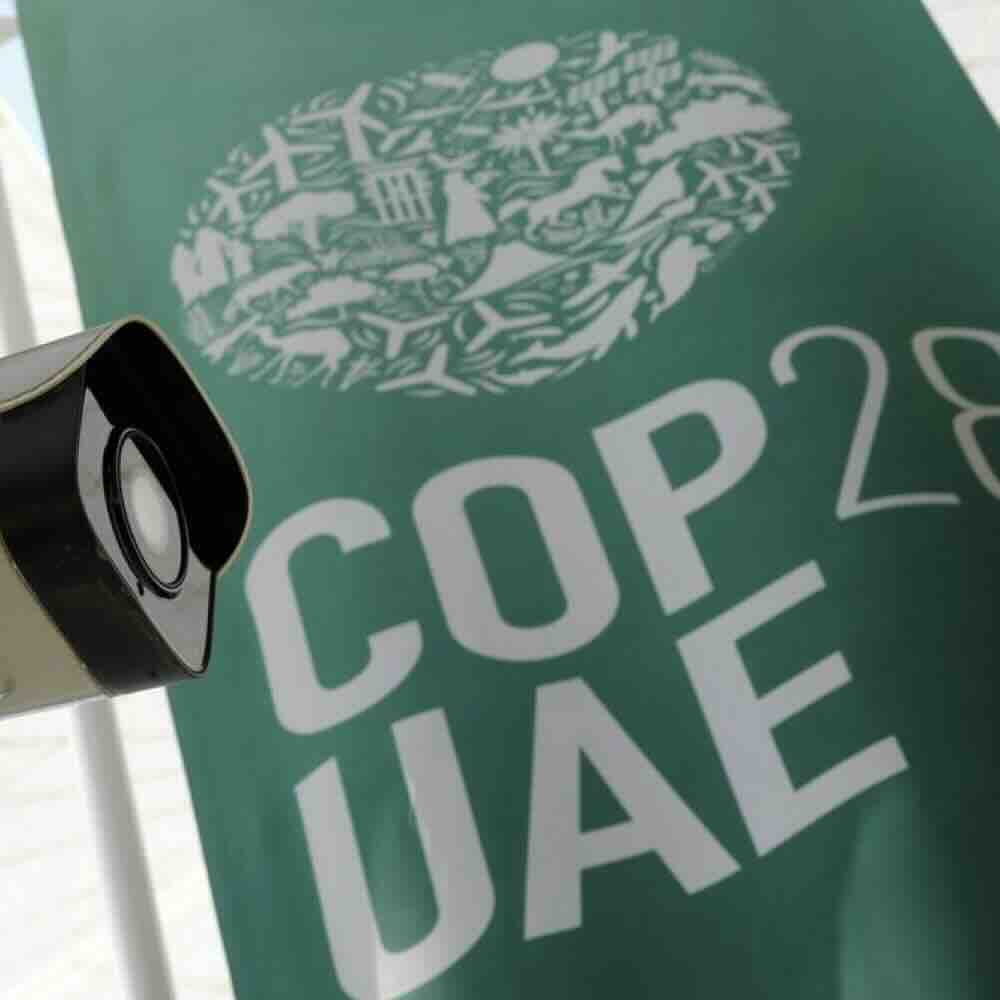At the United Nations’ COP28 climate summit in Dubai, surveillance cameras seem to be everywhere you turn. And that has some worried.
It’s unclear how the United Arab Emirates (UAE), an autocratic federation of seven sheikhdoms, uses the footage it gathers across its extensive network.
However, the country already has deployed facial recognition at immigration gates at Dubai International Airport, the world’s busiest for international travel.
Surveillance cameras increasingly are a part of modern life.
However, experts believe the UAE has one of the highest per capita concentrations of such cameras on Earth — allowing authorities to potentially track a visitor throughout their trip to a country without the civil liberty protections of Western nations.
“We’ve just assumed at every point in this conference that someone is watching, someone is listening,” said Joey Shea, a researcher at Human Rights Watch focused on the Emirates.
She and other activists operate under the assumption that having a private conversation while attending COP28 is impossible.
The cameras belong to an Emirati company that’s faced spying allegations for its ties to a mobile phone app identified as spyware.
The company has also faced claims that it could have gathered genetic material secretly from Americans for the Chinese government.
That firm, Presight, is a spun-off arm of the Abu Dhabi firm G42, overseen by the country’s powerful national security adviser.

